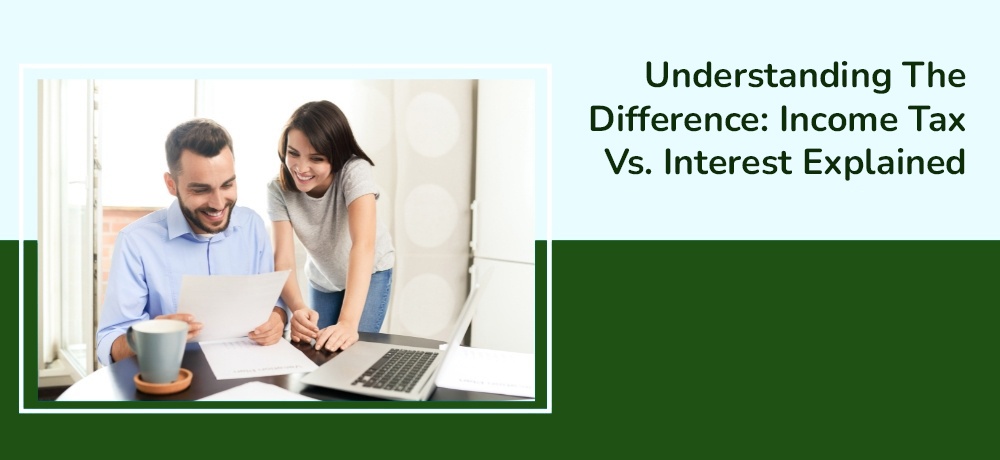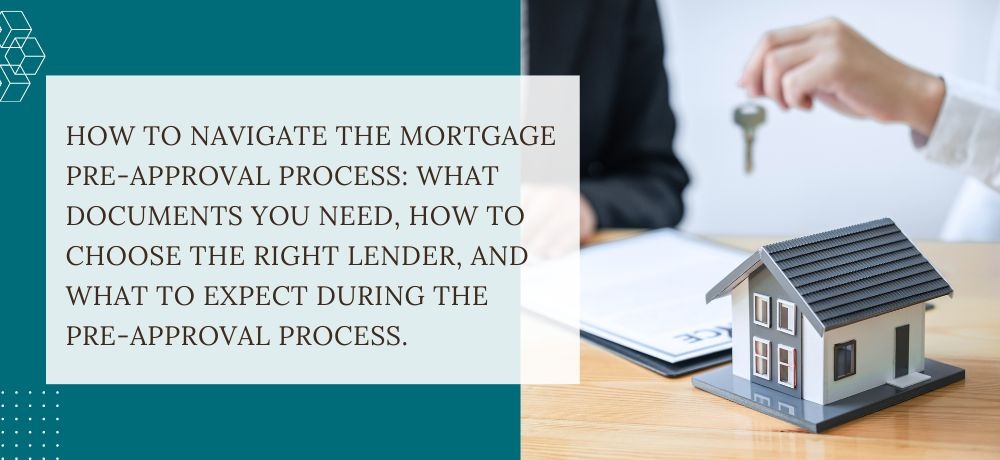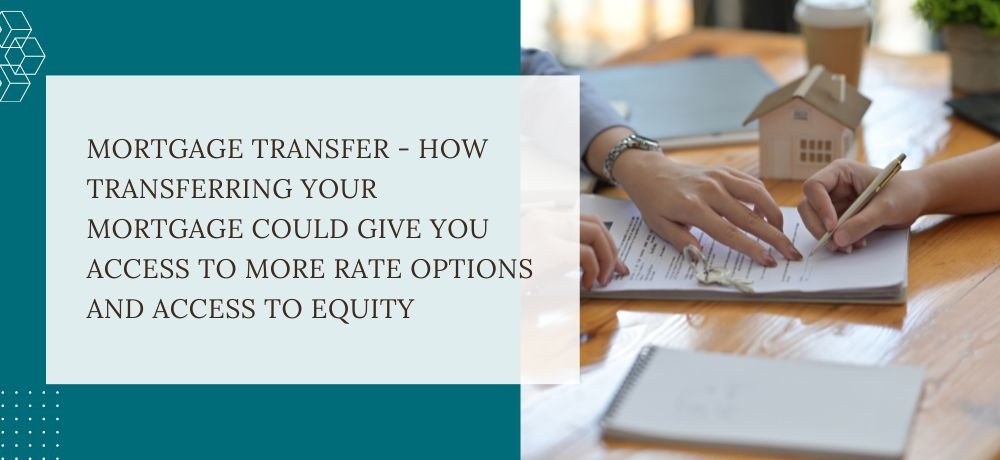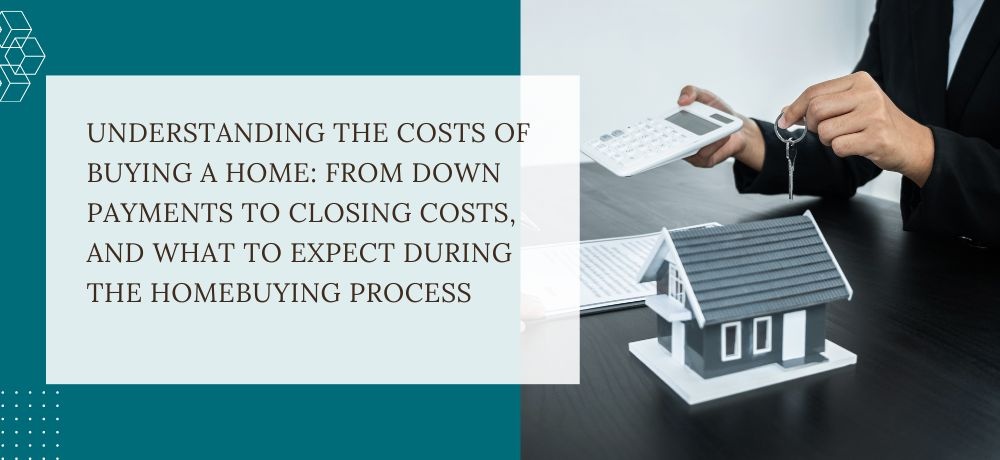If you’re a self-employed individual in Canada, securing financing for your business can present unique challenges. As a licensed mortgage broker/agent, I understand the intricacies of self-employment and the financing options available to you. In this blog, I will provide valuable insights and strategies to help you secure the financing you need to support your business endeavors.


Blog By
-
Self-Employed? Here’s How To Secure Financing For Your Business

-
Understanding The Difference: Income Tax Vs. Interest Explained

As a first-time home buyer, someone buying their next home, or seeking to refinance in Canada, it’s crucial to understand the difference between income tax and interest income. These terms play significant roles in your financial landscape and can impact your overall financial well-being. In this blog, I will demystify income tax and interest, helping you gain a clear understanding of their implications.
-
FHSA And HBP: Setting Realistic Savings Goals And Developing A Savings Plan With An FHSA And How The Home Buyers’ Plan Works: Step-By-Step Process

When it comes to saving for your first home in Canada, understanding how to set realistic savings goals and developing a solid savings plan is crucial. In this blog, I will explore the First Home Savings Account (FHSA) and the Home Buyers’ Plan (HBP). I will guide you through the process of setting achievable savings goals using an FHSA and provide a step-by-step explanation of how the HBP works, allowing you to navigate the path to homeownership with confidence.
-
The Benefits Of Debt Consolidation: How It Can Help You Manage Your Finances

If you’re a first-time home buyer, someone looking to buy their next home, or seeking to refinance in Canada, managing your finances effectively is crucial. Debt consolidation is a powerful tool that can help you regain control over your financial situation. In this blog, I will explore the benefits of debt consolidation and how it can contribute to your overall financial well-being.
-
Choosing Between FHSA and RRSP: Which Is The Better Option For You?

As you embark on your homeownership journey in Canada, you may encounter two common savings options: the First Home Savings Account (FHSA) and the Registered Retirement Savings Plan (RRSP). Deciding which option is best suited for your circumstances requires careful consideration. In this blog, I will compare FHSA and RRSP, highlighting their key features, advantages, and drawbacks, enabling you to make an informed decision.
-
Understanding The FHSA: A Comprehensive Guide

Are you a first-time home buyer or someone looking to buy their next home in Canada? The journey to owning a home can be both exciting and overwhelming, especially when it comes to understanding financial aspects like the First Home Savings Account (FHSA). In this comprehensive guide, I will demystify the FHSA, explain its benefits, and help you navigate through the process of utilizing it to achieve your dream of homeownership.
-
Understanding The Basics Of A Mortgage: How It Works, The Different Types Of Mortgages, And The Terminology Used In The Industry.

A mortgage is a type of loan used to purchase a property, and it's a common way for Canadians to finance the purchase of a home. Mortgages can have a significant impact on a borrower's financial situation. To make informed decisions when buying a home in Canada, it's essential to understand the basics of a mortgage, including how it works, the different types of mortgages available, and the terminology used in the industry. In this blog, Keith Uthe Demystifying Mortgages will discuss five key points by to help you demystify mortgages.
-
First-Time Homebuyer’s Guide: The Steps To Buying Your First Home, What To Look For In A Property, And How To Prepare For Homeownership.

Purchasing a home is a significant investment that requires careful planning and preparation. By following the right steps and making informed decisions, you can find a home that meets your needs and fits your budget.
From determining your budget and getting pre-approved for a mortgage to working with a real estate agent and finding the right property it gets pretty confusing. So whether you’re a recent college graduate, a newlywed couple, or a growing family, this guide will help you feel more confident, make the home-buying process more manageable and find the right one for your needs.
-
How To Navigate The Mortgage Pre-Approval Process: What Documents You Need, How To Choose The Right Lender, And What To Expect During The Pre-Approval Process.

The mortgage pre-approval process is an essential step in the home-buying process. It helps potential homebuyers understand how much they can afford to spend on a home, and it gives them a better chance of getting approved for a mortgage when they find the home they want to buy. However, navigating the mortgage pre-approval process can be overwhelming, especially for first-time homebuyers. With this in mind, Keith Uthe Demystifying Mortgages has prepared five points that will help you how to navigate the mortgage pre-approval process, including what documents you need, how to choose the right lender, and what to expect during the pre-approval process.
-
Mortgage Transfer - How Transferring Your Mortgage Could Give You Access To More Rate Options And Access To Equity

If you're a property owner, you may already have a mortgage with a lender. However, did you know that you have the option to transfer your mortgage to a new lender? Mortgage transfer is the process of moving your mortgage from one lender to another, and it can offer several benefits, including access to more rate options, reamortizing and equity. To explain this in more detail, Keith Uthe Demystifying Mortgages has prepared a list of benefits that you can get while a mortgage transfer.
1. What is a mortgage transfer?
A mortgage transfer is a process where you move your existing mortgage balance from one lender to another. By transferring your mortgage, you can take advantage of better rates, more flexible payment options, and access to equity. It’s important to note that a mortgage transfer is different from a mortgage refinance, which involves paying off your existing mortgage and taking out a new one with a different lender. the new lender will usually capitalize up to $3K of penalties or fees from the existing lender into the new mortgage at the time of transfer.
-
Understanding The Costs Of Buying A Home: From Down Payments To Closing Costs, And What To Expect During The Homebuying Process

While owning a home can be a great investment, the process of buying one can be overwhelming, especially for first-time homebuyers. Understanding the costs associated with buying a home is crucial to avoid surprises and ensure that you are financially prepared for the home buying process. To ensure you are in the know, us experts at Keith Uthe Demystifying Mortgages have prepared a list of five points for understanding the costs of buying a home.
-
Navigating Your Mortgage Renewal. Why The Choice At Renewal Is Not A One Size Fits All Decision. These Are Key Questions To Ask Yourself Before Completing Your Renewal

Renewing your mortgage can be an overwhelming experience, especially if you are unsure of what to expect. With so many options available, it can be difficult to know which one is the best fit for you. Making the right decision when it comes to renewing your mortgage can save you a considerable amount of money in the long run. To explain this in more detail, Keith Uthe Demystifying Mortgages has prepared a list of five questions to ask yourself before completing your renewal.
-
The Smith Maneuver: The Loophole Canadian Real Estate Owners Use To Lower Taxes
Original Article Source Credits: Better Dwelling, https://betterdwelling.com/
Article Written By: Stephen Punwasi
Original Article Posted on: Dec 27, 2021
Link to Original Article: https://betterdwelling.com/the-smith-maneuver-the-loophole-canadian-real-estate-owners-use-to-lower-taxes
-
High Lumber Prices Impacting Home Building Costs

The COVID-19 pandemic has pushed up the cost of building materials significantly. Consequently, The National Association of Home Builders (NAHB) estimates that high lumber prices are currently adding at least $24,000 to the price of a typical new single-family home.
-
Forget a Crash: Canada Housing Market Just Got a Big Thumbs-Up!
Original Article Source Credits: The Motley Fool , https://www.fool.ca/
Article Written By: Vineet Kulkarni
Original Article Posted on: January 22, 2021
Link to Original Article: https://www.fool.ca/2021/01/22/forget-a-crash-canada-housing-market-just-got-a-big-thumbs-up/
-
Canadian Realtor Commissions Are Growing Over 11x Faster Than The Economy
Original Article Source Credits: Better Dwelling , https://betterdwelling.com/
Article Written By: NA
Original Article Posted on:
Link to Original Article: https://betterdwelling.com/canadian-realtor-commissions-are-growing-over-11x-faster-than-the-economy/
-
How to Prepare for a Mortgage in 7 Quick Steps

Getting the best mortgage on your home makes a huge difference in affordability, financial wealth and abundance. It can save you hundreds or cost you thousands.
-
Real Estate Investors Skip Paying Loans While Raising Billions
Original Article Source Credits: Yahoo Finance , https://ca.finance.yahoo.com/
Article Written By: John Gittelsohn
Original Article Posted on: August 24, 2020
Link to Original Article: https://ca.finance.yahoo.com/news/real-estate-investors-skip-paying-110000020.html
-
Bank of Canada Hints at No Interest Rate Hikes Until 2023
Original Article Source Credits: CANADIAN MORTGAGE TRENDS , https://www.canadianmortgagetrends.com/
Article Written By : Steve Huebl
Original Article Posted on : July 16, 2020
Link to Original Article: https://www.canadianmortgagetrends.com/2020/07/bank-of-canada-hints-at-no-interest-rate-hikes-until-2023/
-
Bank of Canada Lowers Benchmark Qualifying Rate to 4.79%

For the second time since the beginning of the pandemic, the Bank of Canada has lowered the benchmark qualifying rate a further .15% to 4.79%. For a buyer with an annual income of $80,000 that is approximately $6,300 of additional mortgage space compared to the previous qualifying rate of 4.94% and approximately $11,000 more than the qualifying rate of 5.04% that was in place at the beginning of the pandemic.














